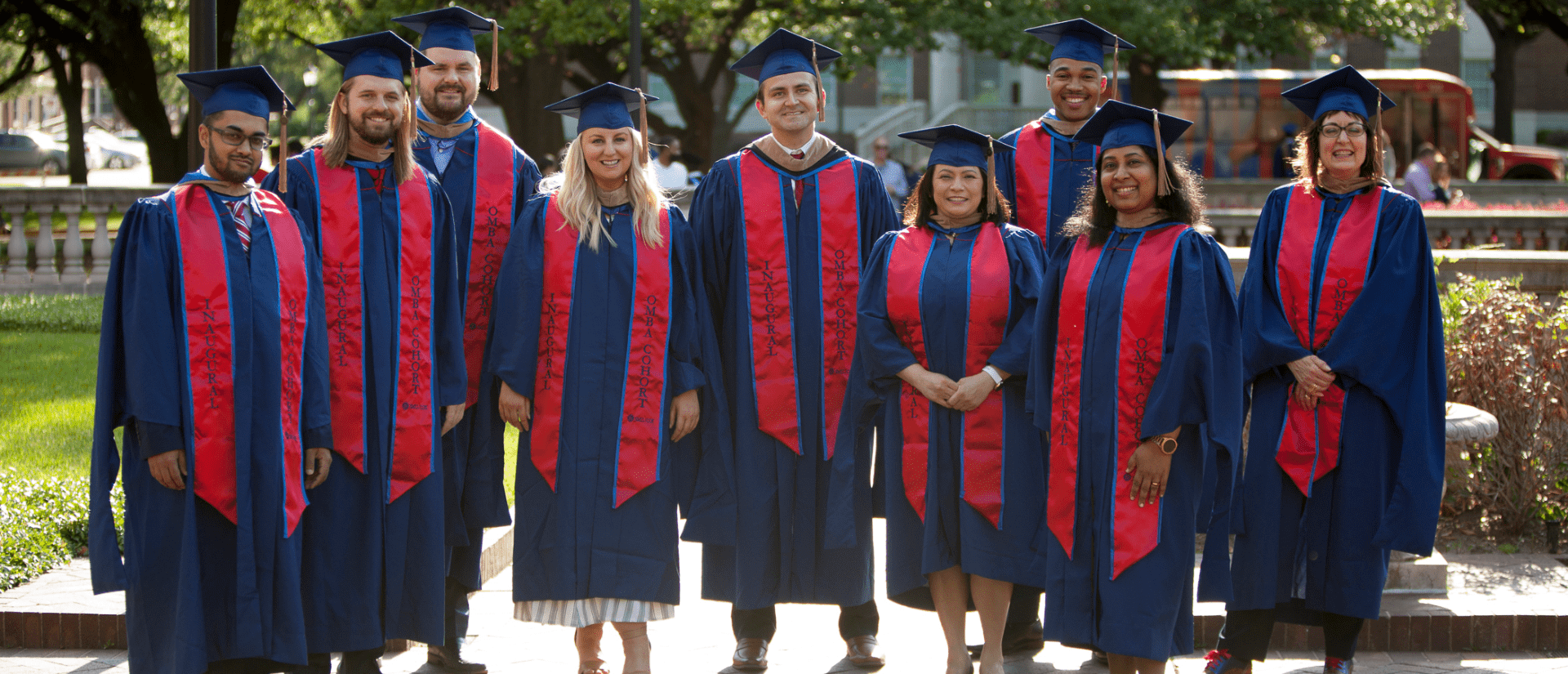In an in-country study, SMU Cox Strategy Professor Wendy Bradley and her coauthor Caroline Fry at the University of Hawai’i highlight how the women of Sierra Leone view the path of entrepreneurship. It is a unique window into how a low-income country, plagued by headwinds, is choosing to move forward with its bright minds, and the role of women in rebuilding that future.
A motivation for the study was to determine how new policy by the government of Sierra Leone was sparking its intended goals in encouraging entrepreneurship and innovation. With her co-author having previously lived in Sierra Leone, they arranged a trip to conduct their in-field study. “We were interested in the impact on STEM and business students in particular, trying to determine how effective the policy was,” says Bradley.
Sierra Leone suffered greatly from the Ebola outbreak from 2014-2016. The West African country was part of the epicenter of the largest recorded Ebola outbreak in history. Bradley and Fry conducted their study right before the pandemic began. They have not been able to go back to follow up just yet. With this study, Bradley suggests that Sierra Leone could serve as a model for other African countries trying to encourage entrepreneurship and innovation.
A great deal of academic research on women, entrepreneurship and barriers exists in developed country contexts. According to Bradley, data collection in low-income countries is difficult. “This is why you really need to be in-country in a low-income country, to monitor the study,” Bradley offers.
Rewards, rationally
According to research by the Global Entrepreneurship Monitor, the highest rates of women’s entrepreneurial intentions are found in low-income countries, nearly 38%, where women express entrepreneurial intentions at similar rates to men. The authors conducted a field survey in Sierra Leone to investigate male and female university students’ perceptions of the financial returns to two occupational choices — entrepreneurship and paid employment. They then relate them to intentions to start a new business venture.
In developed countries, women tend to enter entrepreneurship at lower rates than men. But Bradley says in low-income countries the rate of entering entrepreneurship is near parity with men. Research has tended to consider the barriers of entry to women, and the authors approached the study looking at barriers but also the rewards. They wanted to know what the expectations were— “the good things about becoming an entrepreneur,” she adds.
In identifying barriers to entrepreneurship for women, the goal in some research is to “fix” what’s wrong with women, Bradley notes. This can be conceived as a lack of confidence or risk-taking. “In contrast to those studies, we found men and women in our research are both behaving really rationally.”
In their population, when looking at what one’s expected income would be in entrepreneurship versus salaried employment, that explains the gender gap in Sierra Leone. “If any student expects to earn more as an entrepreneur, as opposed to a wage worker, they then naturally express a higher intention to enter entrepreneurship as a career.” On average, women expect to earn significantly more as entrepreneurs than men, they found. Bradley also surmises that a lack of better alternatives in salaried employment may be another factor in choosing the path of an entrepreneur.
Overall, the study showed that women weight the reward of income more than any barriers to entrepreneurship, a positive finding. She also offered that the contexts are very different in developed versus developing countries. For example, patent filings may not yield much insight as it would in the U.S., but understanding social context such as tribal and family affiliations may be more relevant in an African context.
Additionally, the group of students studied by Bradley and Fry are STEM and business students. This population is worth noting as they are likely the future innovators, scientists and engineers that Sierra Leone President Bio’s policy measures are aimed at. “We’re studying STEM and business students at a university in Freetown, the capital,” says Bradley. “They’ve already all achieved an impressive level of education and training. I think it’s surprising that the women— these future scientists and business women who are going to get the best salaried jobs—it’s curious to see that even these high-human capital individuals are still looking at their salaried employment options and as women thinking they’re much worse than men.” The statistics from Sierra Leone say that women make much more in salaried employment, and so it’s all the more curious, she adds, that they find the path obstructed
Holistic views
To conclude, the research says that gender influences entrepreneurial intention through anticipated income, not barriers. Although female STEM- and business-trained university students perceive entrepreneurship as the more lucrative career, the actual returns to entrepreneurship in Sierra Leone for women are lower, on average, than the actual returns to salaried employment. Bradley believes a two-sided analysis is needed where it’s not just about the demand side, but also the supply side. In the case of Sierra Leone, this could mean jobs in government and industry and their respective salaries.
Bradley suggests that policymakers have a holistic viewpoint: “It’s not just about encouraging women to enter entrepreneurship but also encouraging women to enter salaried employment, ensuring that there’s not discrimination, which is obviously easier said than done.” Importantly, the study shows that policy should leverage the positive rational lens through which women make choices when they seek opportunity —the rewards.
The paper “Mind(ful of) the Gap: Gender Differences in the Perceived Returns to Entrepreneurship in Sierra Leone” by Wendy Bradley of Southern Methodist University’s Cox School of Business and Caroline Fry, Shidler College of Business at the University of Hawai’i at Manoa, is under review.
Written by Jennifer Warren.














